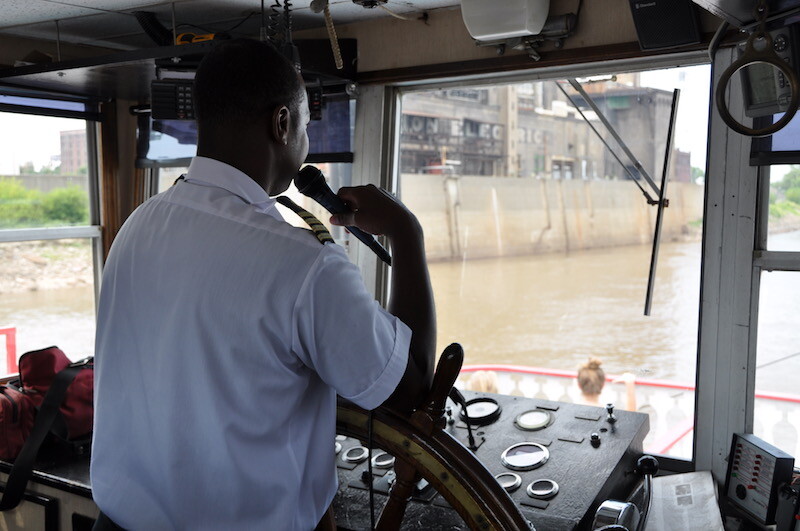I just read Capt. Alan Bernstein’s article in the November WorkBoat (“More Covid confusion”) about the shortage of personnel in the maritime industry. The lack of new mariners entering the industry has long been a concern of mine.
Although many of my colleagues see it as a positive because they look at the supply and demand aspect of it — less mariners means higher pay — I see it differently. The longer the labor shortage and fewer people coming into the industry, the easier it will be for those that want to chip away at the Jones Act to use it as a reason to bring in foreign mariners. So, I am onboard with trying to draw more new people into this industry.
I see several issues why it is a problem. For starters, everybody seems to point to the maritime academies, which for the supply of new officers is the obvious source to start with, especially since it has become much more difficult to come up the hawsepipe like I did. But, the academies don’t supply new ratings, except for the few recently graduated third mates that are willing to work as an AB or QMED for six months. I see few entry level people starting in the industry, and I see all of the companies fighting for the same few ABs, who are just getting older and older.
So, we need to find a source for new blood. Maybe the biggest problem is just getting new people in the door. Many companies only want people that already have their credentials in hand, which makes sense since companies can’t put them to work until they have them.
First they need to get a TWIC, which costs $100-plus and can take several weeks to get. Then they have to attend the two basic training courses, which is costly, and takes a couple weeks to complete — plus add on the expense of travel and lodging. Then they get an introduction into dealing with the Coast Guard REC and NMC. Then add that cost and the one to two months it can take to actually get their new first MMC needed for an entry level position on a vessel. How many young adults fresh out of high school, or previously unemployed, can afford the time and cost it takes just to be able to apply for the most basic job on the vessel.
The second problem is advertising — getting the word out. Not only advertise that there are good paying jobs to be had, but also how to get them. Most people that I come across are completely clueless when it comes to working on vessels, this includes active duty Coast Guard personnel that I have worked with. Don’t even mention the Merchant Marine. That really confuses them. I always use myself as an example. Granted I started in the mid-90s when it was still easy to get into the industry. As a kid I always had a fascination with ships. But I only knew about the Navy. Even though I live in a coastal state, I don’t live near the coast. I didn’t know anything about tugs, towboats, OSVs, containerships, tankers, etc. It was pure luck how I got into this industry — a co-worker at an after school job during my senior year in high school asked if she could hire me to help her husband paint their house. He was a Merchant Marine chief engineer. He enlightened me those few days that I helped him.
One idea is putting information out to school guidance counselors all over the country. Not everybody will go to college. Another idea I have is possibly getting involved with vocational colleges. Most, like the one in my home town, teach some high school seniors who go to votech how to weld, repair AC units, etc. Why not teach those that are interested in the STCW courses such as basic first aid and basic firefighting? Then guide them on how to obtain their MMC from the Coast Guard. Thus, when they graduate, they will not only know about the industry (advertising) but would already have the credentials in hand to pursue those jobs.
Not to sound overly nostalgic, but I do love my country, my profession, and carrying on the heritage of being a merchant mariner. My wife reminds me occasionally that what I do is very unique and people love to hear about it, because I rarely openly tell people that I am a ship captain. I want to protect our way of life, and I have seen this as a way for the anti-Jones Act crowd to take it away from us.
Capt. Jason J. May is a merchant mariner based out of Natchitoches, La.




